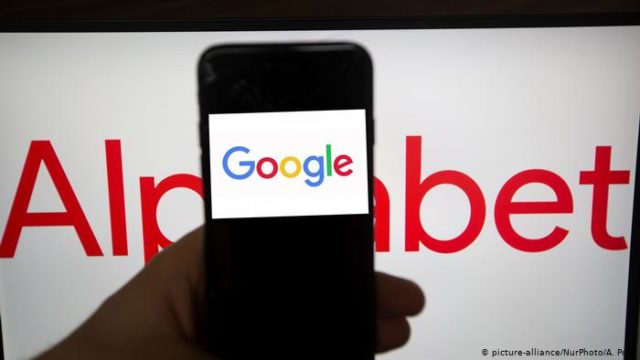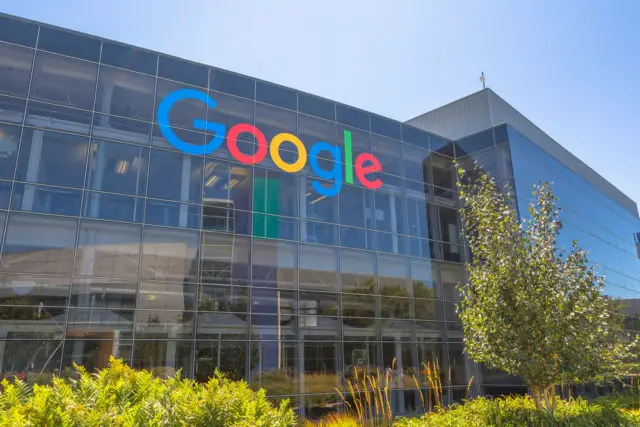
The foundation and expansion of “Google” is the classic history of the Silicone Valley. This company emerges as an idea in the dorm of two university students, its first headquarters was a garage and a few years later it became a corporation worth billions of dollars. Creating a resource so massive that it even imposed a verb derived from its name: Google (it).
Google’s history

There was an Internet before Google, of course. Google was not the first search engine nor was it the most popular during its early years. Yahoo, Altavista, and Lycos were some of the sites that were considered more important. Its creators, Larry Page and Sergey Brin met at Stanford University in 1995 while pursuing a doctorate in computer science. As part of their research project, they began to develop BackRub, a new system to sort the results obtained from computers.
The first version of Google
The first version was launched in August 1996, on a website owned by Stanford (Google Stanford.edu). It was such a colossal project that it used almost half the bandwidth of the university network. Finally, in September 1997 they register the domain (.com).
It was then that entrepreneurs and investors, and not just researchers, began to be interested in Google. At the end of 1998, the Google search engine contained 60 million pages and although its founders still did consider it a trial version, it already rivaled the best search engines of the moment. Yahoo, AOL, MSN, among others. The garage where they housed their offices was small, so in 1999 Google had no choice but to move to Mountain View (California) to new headquarters.
Google is such an important part of our lives that we cannot conceive how we would work without Gmail, Chrome or without spending leisure time watching free videos on YouTube (another component of the company). Google hides many curiosities that you might not know, so here are some interesting facts about this search engine:
Its name
The word “Google” does not seem strange, but ten years ago it sounded very rare. In the beginning, its creators wanted to use the name “Googol”, which is a mathematical term that describes the number 1 followed by one hundred zeros but finally adopted it by staying with the term Google, since they liked how it sounded. With the use, although poorly written, of Googol they wanted to convey the idea. Deliver a large amount of information to people through their search engine.
A dream place to work without

Google employees can spend 20% of their time on their projects. They also receive free food and haircuts on the company’s campuses, which also has a gym and several recreational areas. At Google, they love animals, but not all animals. Workers can take their dogs with them, but it is forbidden to bring cats, the rule is clearly described in the Google code of conduct.
Goats are also part of Google
On the Google campus, there are no electric grass cutters, since these tasks are taken care of by goats. 200 goats run through the gardens of Google’s headquarters and even they let the employee’s dogs chase them around. The decision was made since they considered it was more harmonious to see a goat grazing than to have to look and listen to an annoying lawnmower (as they say in their official blog).
Google (it) is an official verb
When we prepare to look for something on the Internet, it is common to say that we are going to “Google it“, this expression is recognized as a verb by the Oxford dictionary, one of the most prestigious in English. The recognition came in 2006, both to be used as a verb and as an adjective.
Did you know that Google’s pet is a dinosaur?
They have goats and dogs on their grounds, but Google’s real pet is a dinosaur. Do not believe that they were resurrected in a Jurassic Park style, but rather it is a replica of the skeleton of a Tyrannosaurus rex, which is named Stan. Those who walk through the main campus of Google can meet Stan in the garden; they even name him as one more characteristic of the company in its job site.
Today Google has more than 60,000 employees and offices in 50 countries and is one of the companies that form the Alphabet conglomerate, led by Larry Page himself.

